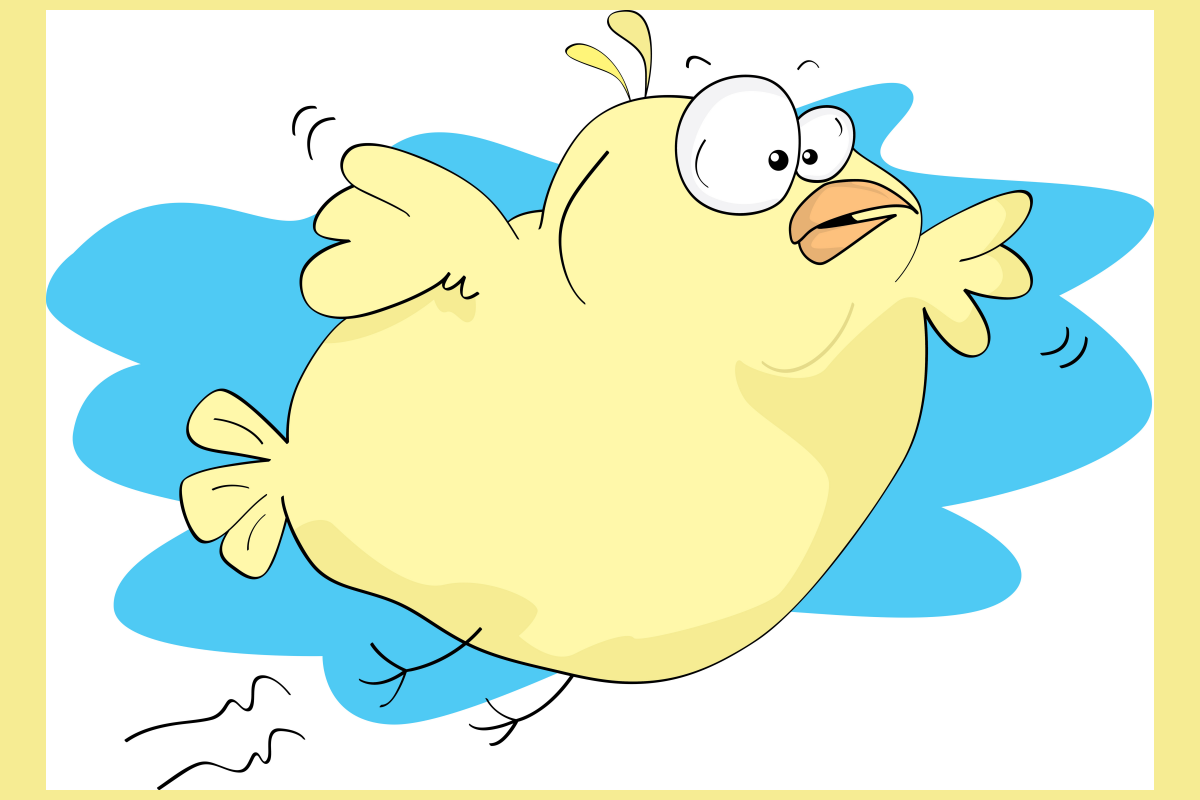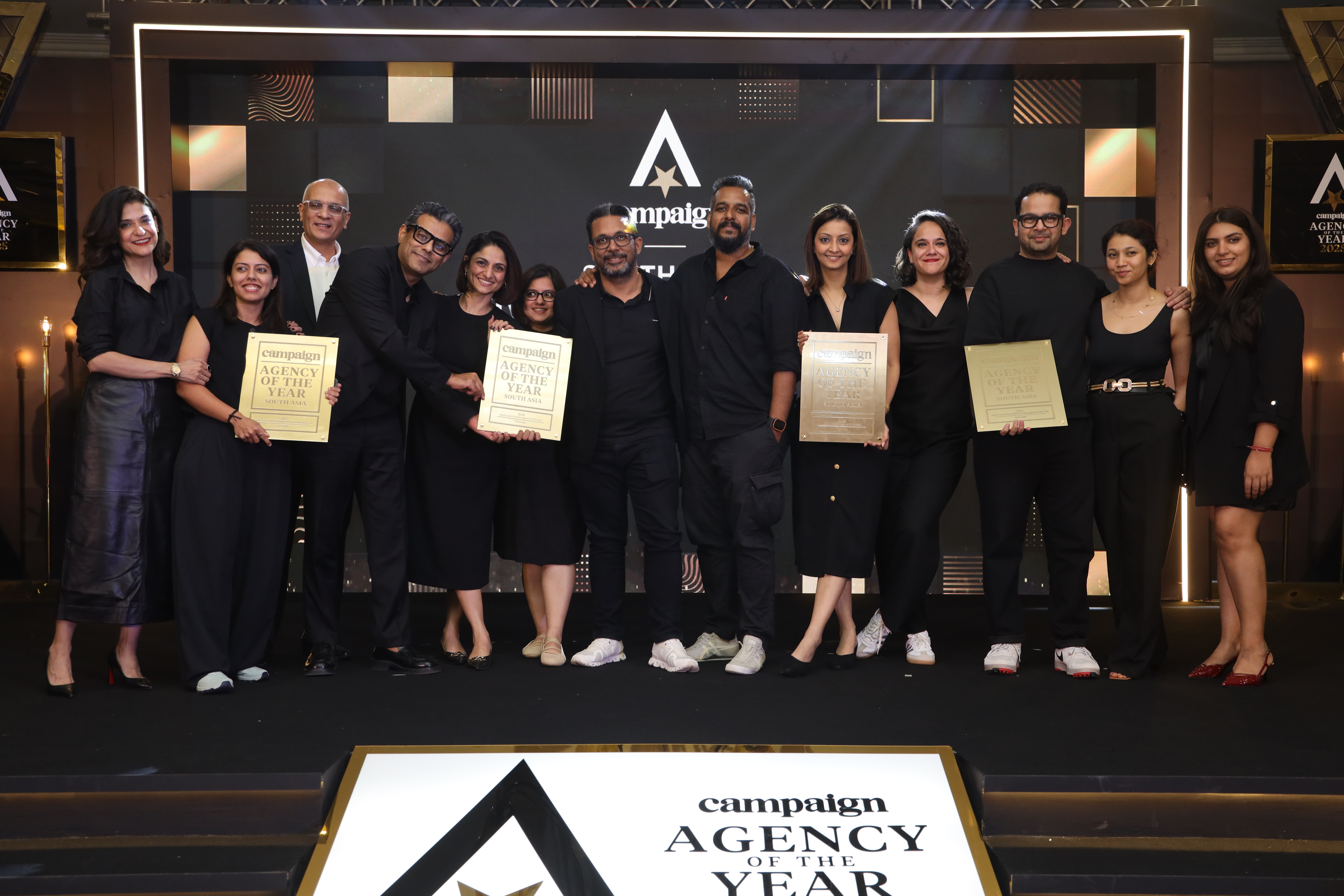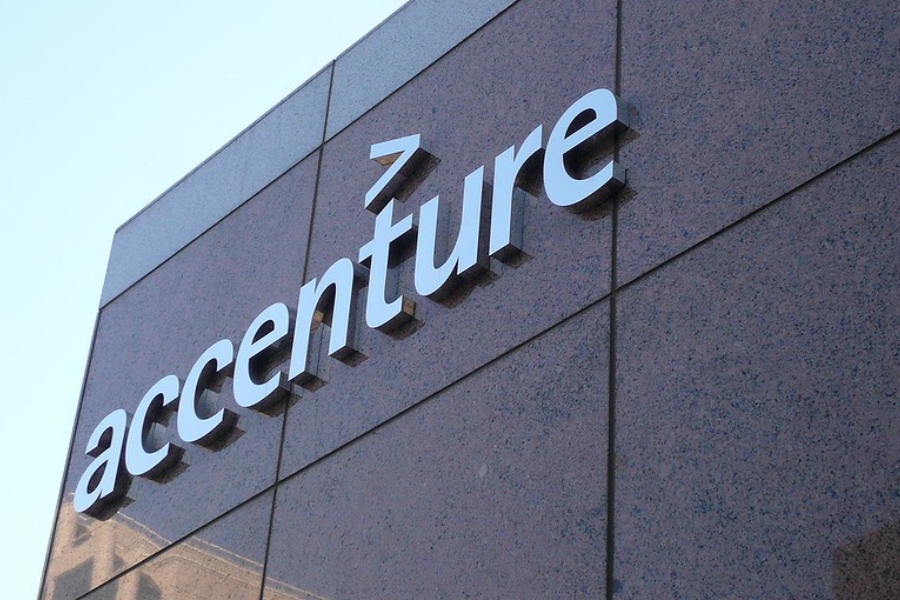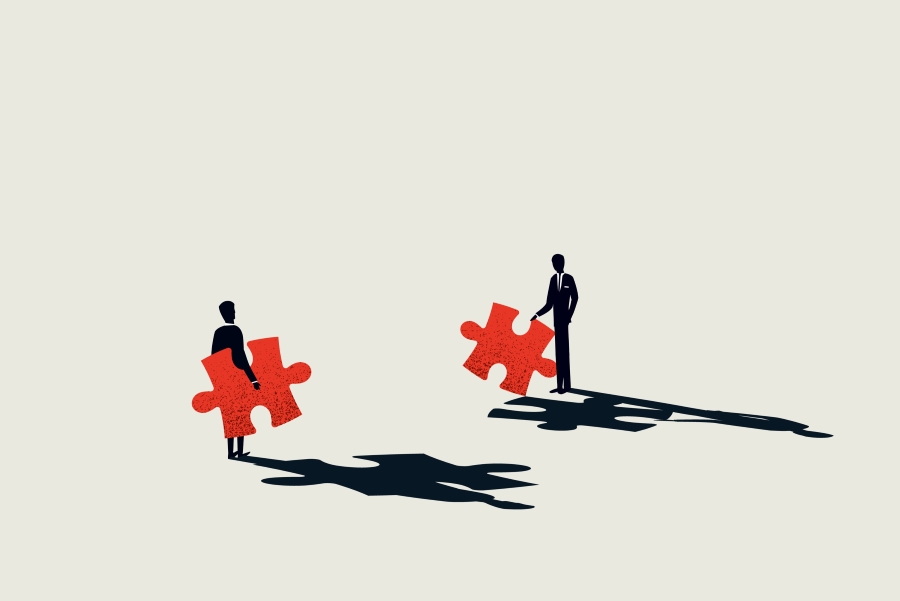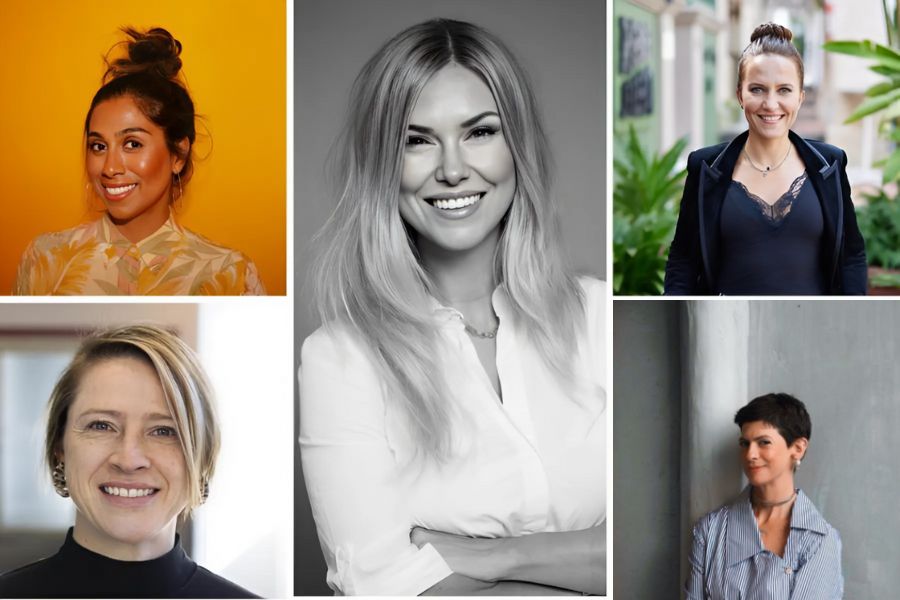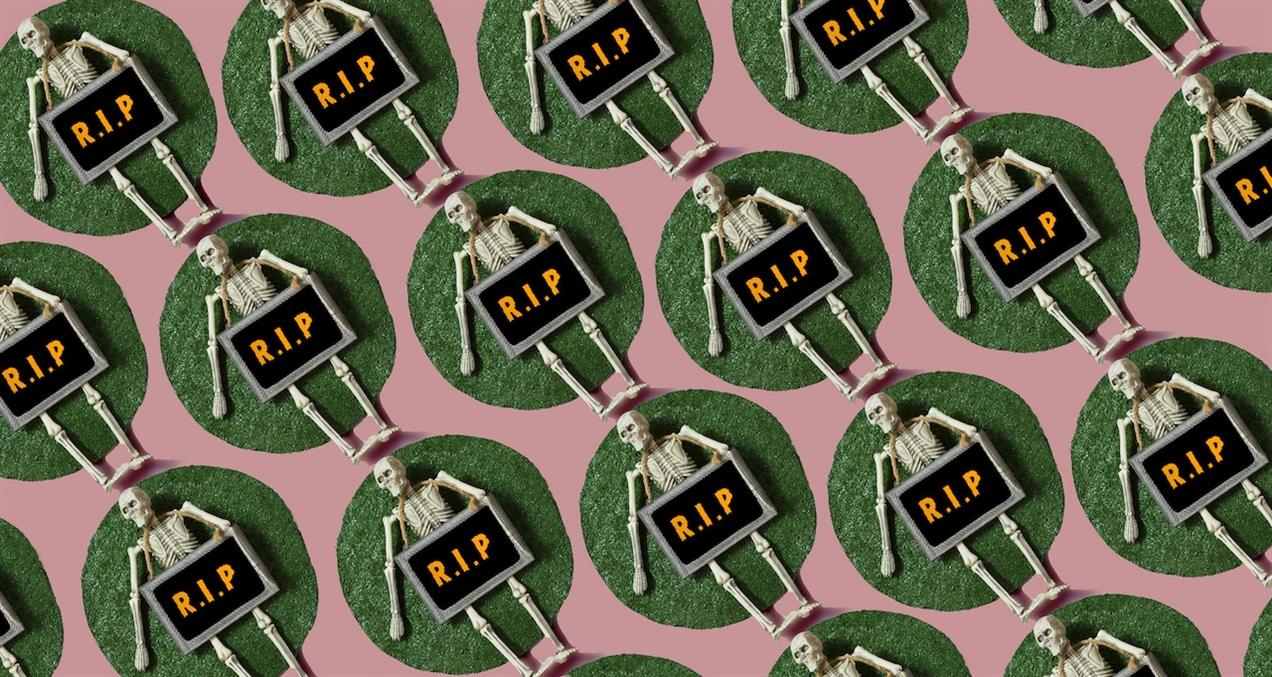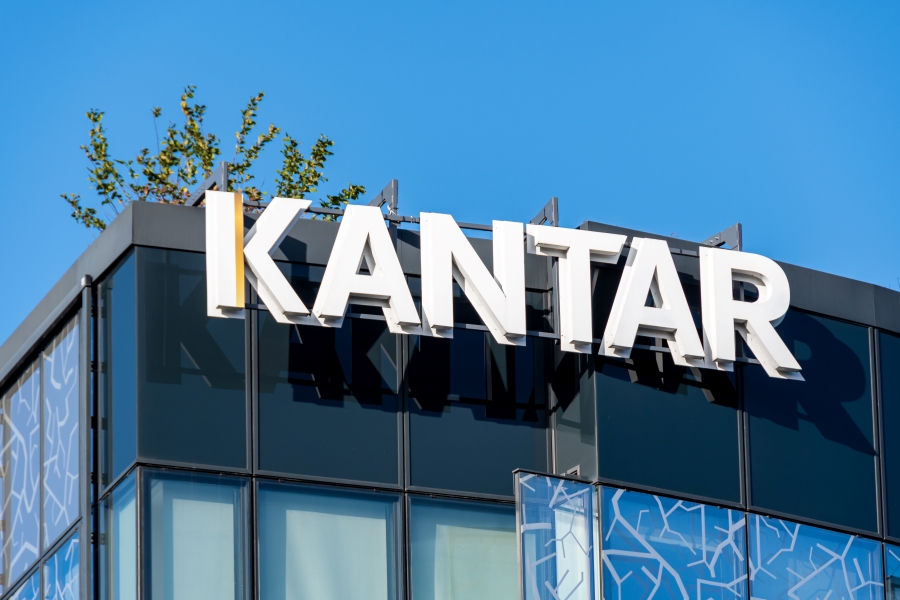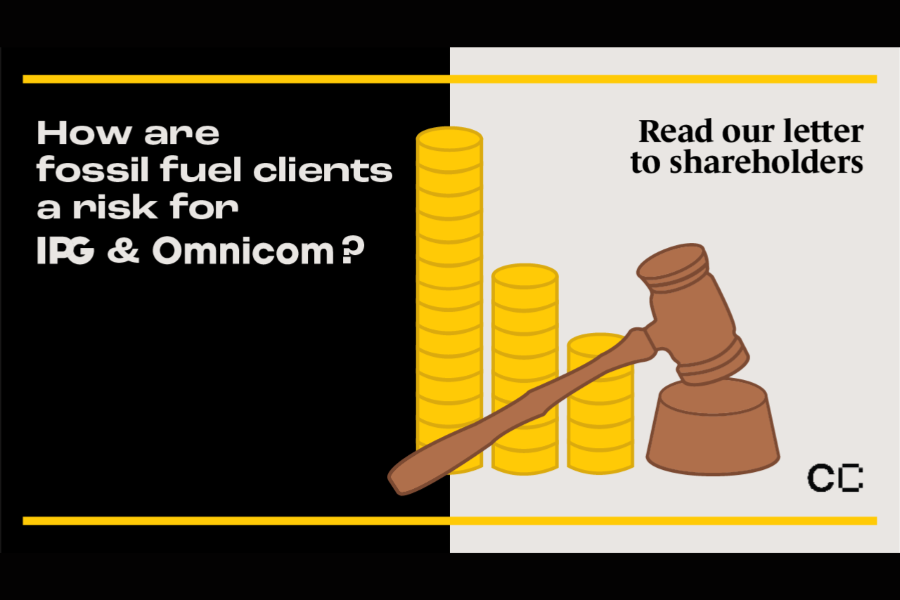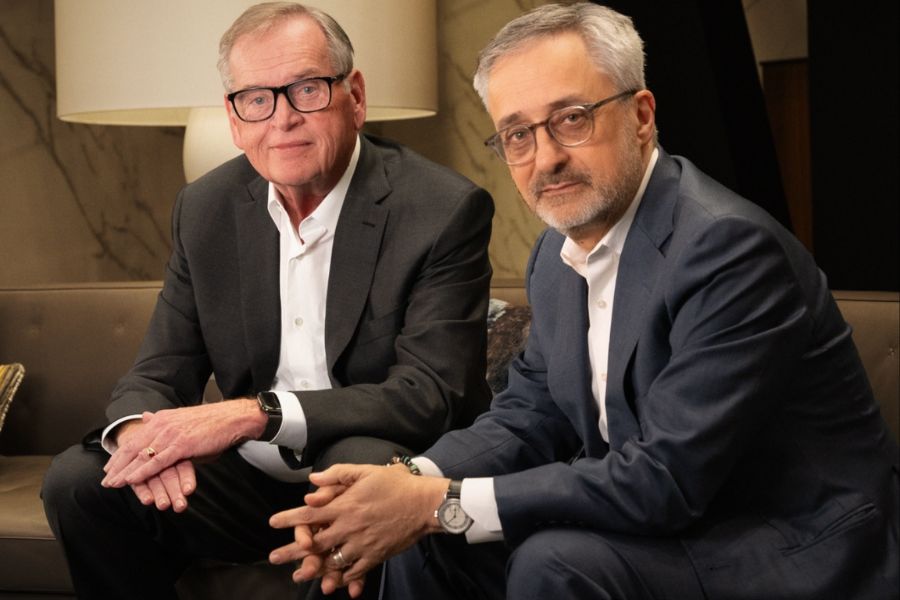Chatting with a friend in the industry recently we got on to the subject of the mega mergers that have taken place. Not least because he suspected his agency might be next...not just yet, as it turns out.
We both agreed on the inherent logic of the moves—bringing together different but equally important skill sets at scale—but he wondered whether they would succumb to the dangers of 'fat bird syndrome'.
Asked what on earth that was, he explained that it was the notion that bonding a healthy, fast growing business—the wings—with a big, old, declining one—the ponderous body—in the hope that it will fly doesn't always work. Sometimes the failings of the old simply cancel out the potential of the new. It doesn't get off the ground.
Or as Bill Clinton rather more brutally put it " You can put wings on a pig, but that don't make it an eagle".
There are clearly risks in the practical business integration of such big companies, but thinking about it more I wonder if the biggest challenges will be cultural.
Organisational cultures tend to be built around the best way to get a specific set of tasks done. They attribute internal social value and status to what is helpful to that end.
This is why the elite SAS regiment motto is 'Who dares wins': Daring is what counts for them in getting the job done. But the motto of the Royal Army Medical Corps is 'Faithful in adversity', because they have to be there to pick up the pieces whatever the situation.
And the set of tasks a brand advertising agency traditionally focuses on versus a direct, or latterly a digital agency, are very different.
As a result, the values they celebrate culturally are too.
Operating at the front end of the funnel, advertising agencies are traditionally focused on opening up the conversation with consumers. As such they prize creativity and impact above all else. Distinctiveness is key and highly valued. Their working methods are reductionist (what is the single thing to communicate?) and they are largely conceptual in execution.
Contrast this with digital or direct agencies, working further down the funnel and traditionally focused on continuing that conversation with consumers to drive to purchase and then re-purchase. For them engagement trumps impact every time, and their work naturally tends towards the more literal. Distinctiveness is less important, as the audience is already in the conversation. Likewise their working methods are far from reductionist. They don't have one thing to communicate, they have many. Indeed it often seems that while great advertising agencies worship at the altar of simplicity, everyone else in the mix is celebrating complexity.
Neither worldview is wrong, they are just tailored to delivering different things.
The issue is if one set of values dominates the other then it severely restricts the ability of the subjugated group to deliver.
Those big birds are going to have to be very carefully managed to fly.
Charles Wigley is Asia Chairman at BBH.


